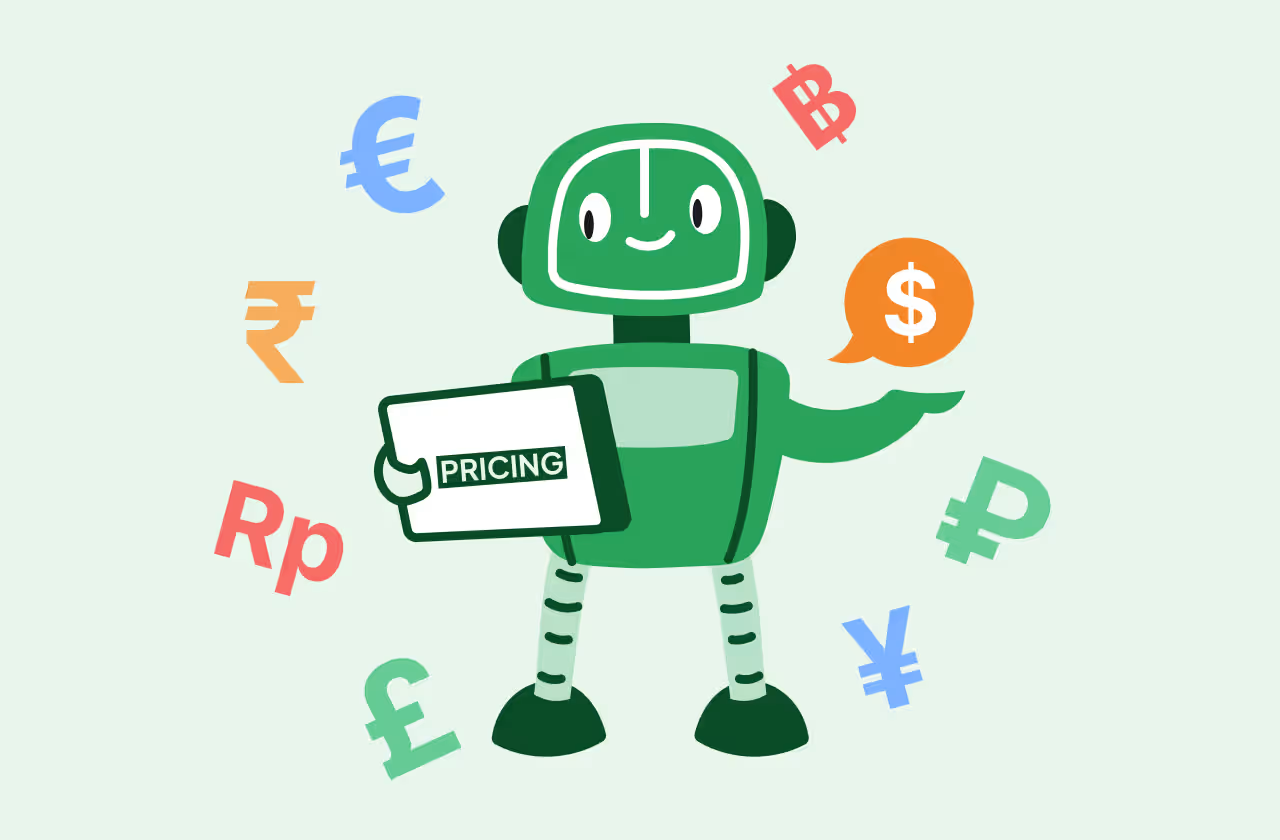Key Takeways
According to a report, the CPaaS market size is expected to grow to USD 303.7 billion by 2031. Communication Platform as a Service (CPaaS) solutions are revolutionizing the healthcare industry by enabling seamless and secure communication.
These platforms offer tools for:-
- Automated appointment reminders,
- Teleconsultations and
- Patient engagement
All of this is done through SMS notifications, voice and video. With CPaaS, healthcare providers can streamline operations, enhance patient care and ensure data security. Its integration capabilities make it easy to implement in existing healthcare systems.
CPaaS for Healthcare
CPaaS solutions help provide the infrastructure necessary to drive flexible and scalable communication solutions. Let’s look how
- Personalized Patient Interaction
CPaaS enables healthcare providers to automate and personalize communications, such as reminders and follow-ups. These tailored strategies improve patient engagement, adherence to treatment plans and overall satisfaction.
- Real-Time Access and Collaboration
With CPaaS, healthcare professionals can securely access and share patient data in real-time from any location. This capability fosters seamless collaboration, enabling informed decision-making and better patient outcomes across teams.
WhatsApp for internal communication has also become widely popular.
- Centralized Communication Framework
CPaaS unifies diverse communication channels, including SMS, voice, email, video and chat apps, into a single platform. This centralization enhances the efficiency of interactions between healthcare providers and patients, ensuring streamlined and effective communication.
- Optimized Care Coordination
By facilitating smooth communication and data exchange across departments, CPaaS enhances the coordination of care. This reduces errors and ensures that all providers are aligned in delivering high-quality patient services.
- Adaptable and Scalable Solutions
CPaaS grows with healthcare needs, allowing providers to scale their communication systems effortlessly. Its flexibility supports the integration of new technologies and features, ensuring future readiness.
- Strong Security and Compliance
CPaaS solutions adhere to stringent healthcare regulations, ensuring that patient data and communications remain secure. By meeting compliance requirements, they safeguard sensitive information while maintaining operational trust.
Some CPaaS solutions also offer user verification as OTP SMS services or WhatsApp OTP.
- Accessible Automated Reminders
CPaaS helps tackle the issue of missed appointments by offering communication methods that cater to all demographics. Voice reminders are especially effective for elderly or visually impaired patients, ensuring that no one is left behind in their care journey.
- Remote Video Consultations
Video calling consultation technologies like that of WebRTC, enable virtual face-to-face interactions that are both safe and convenient. Patients can receive thorough assessments from the comfort of their homes, bridging the gap between access and quality care.
- Simplified Appointment Management
CPaaS streamlines appointment booking with Interactive Voice Response (IVR) systems integrated with voice biometrics for secure and fast scheduling. This reduces administrative burdens, freeing doctors and staff to focus more on patient care and less on repetitive tasks.
- Medication and Prescription Management
CPaaS supports better patient outcomes through automated reminders for medication adherence and updates on prescriptions. Healthcare professionals can easily send timely SMS messages or voice alerts, ensuring patients stay on track with their treatment plans.
- Engaging Two-Way Messaging
Two-way communication enhances the patient experience by allowing them to respond, ask questions, or provide updates. This proactive engagement shifts the focus from reactive care to ongoing preventive health management, fostering stronger patient-provider relationships.
- User Verification
CPaaS platforms like Message Central also provide authentication solutions like OTP SMS services or WhatsApp OTP to ensure that users can be authenticated.
CPaaS Benefits in Healthcare
Some benefits of CPaaS in healthcare
1. Streamlined Healthcare Integrations
CPaaS effortlessly connects electronic patient records and other healthcare systems, ensuring secure and efficient data flow. It simplifies operations by centralizing data access, freeing practitioners to focus on patient care. This streamlined approach also supports AI-driven innovations for better decision-making.
You can also refer to our coverage on how AI and CPaaS are changing the conversation for a better understanding.
2. Rapid Emergency Response
Healthcare providers can respond to emergencies faster through unified communication platforms accessible from any device. Automated processes and intelligent data tools reduce delays, allowing staff to deliver critical care swiftly and effectively, even as demands on the system grow.
3. Empowering Hospital at Home
CPaaS facilitates remote care by integrating IoT devices for continuous patient monitoring, alerting staff to changes instantly. Auto reminder texts can be used for this use case. This approach reduces hospital overcrowding, supports faster recovery at home and significantly lowers treatment costs while maintaining high-quality care.
Conclusion
CPaaS is transforming healthcare by bridging communication gaps and enhancing patient engagement. Its flexibility, scalability and innovative features streamline processes, reduce costs and improve care delivery. From automated reminders to remote consultations, CPaaS empowers providers to deliver accessible and efficient healthcare. As the industry evolves, CPaaS stands as a cornerstone for connected, patient-centered solutions.




.avif)





%20-%20Thumbnail.avif)